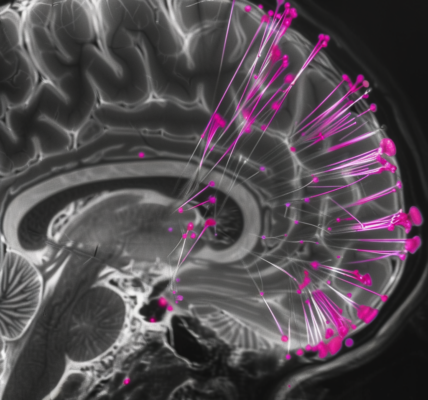Dementia is a prevalent condition affecting millions of individuals globally, posing challenges to healthcare systems and impacting the quality of life for the elderly population. With over 55 million people living with dementia and approximately 10 million new cases reported annually, the need for supportive strategies and early intervention is more crucial than ever.
Dr. Sameer Gupta, Director and HOD Neurology at Yatharth Super Speciality Hospital, highlighted the significance of understanding dementia as a major neurocognitive disorder. The condition leads to a progressive decline in cognitive functions, hindering daily activities and independence. Factors such as age, gender, and genetics play a crucial role in the development of dementia, with modifiable risk factors like smoking, alcohol consumption, diabetes, and social isolation also contributing significantly.
Recognizing the early signs and symptoms of dementia is vital for timely intervention. Forgetfulness, misplacing objects, confusion, and changes in mood and behavior are key indicators that should not be overlooked. Dr. Gupta emphasized the importance of comprehensive assessments, including cognitive function tests, medical history review, and evaluations for nutritional deficiencies and hormonal disorders in diagnosing dementia.
As the seventh leading cause of death globally, dementia requires a multi-faceted approach to care and management. By raising awareness, implementing supportive strategies, and promoting early detection, the healthcare community can work towards improving the lives of individuals affected by this challenging condition.





